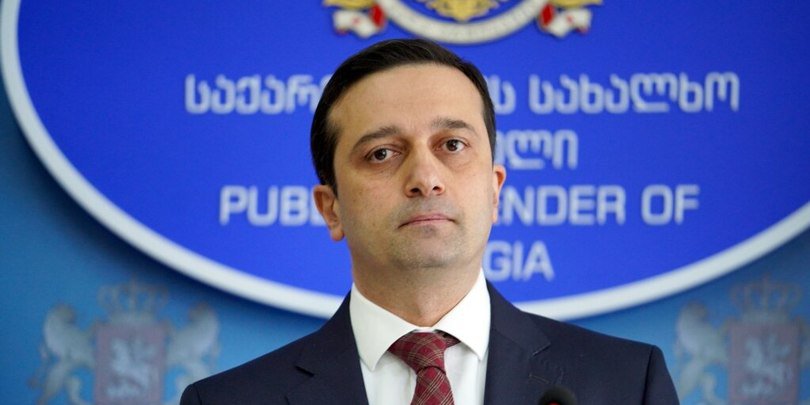
Deoligarchisation remains a key stumbling block on Georgia's way to gain the EU's candidacy status and eventually open membership negotiations. Even though the European Commission recommended granting Georgia candidacy despite Georgia fulfilling only three out of the Commission's 12 earlier conditions, de-oligarchization remains its key demand.
While the Georgian Government claims it has come up with a comprehensive legislative package to address the EU's demand, with the overwhelming grip of Georgian Dream founder and oligarch Bidzina Ivanishvili on both the Georgian Government as well as the economy, widespread concerns remain on whether the "reform" is merely a window dressing.
These concerns are fuelled by the Georgian government's continued insistence that Bidzina Ivanishvili is not an oligarch and is not involved in politics, despite the overwhelming consensus of the Georgian opposition, civil society, and international partners to the contrary. The European Parliament has consistently described Mr Ivanishvili as Georgia's only oligarch and in several resolutions has called on the Union's executive to sanction him.
The Venice Commission had earlier criticized the steps undertaken by the Government to address the concern.
“Steps made in improving the draft law have not in any way negated the main shortcoming of the law in that it still allows the executive to initiate and follow through a procedure which risks entailing a public “blacklisting” of potential political opponents based on vague criteria, absent any indication of wrongdoing,” the Venice Commission said in its negative assessment of the de-oligarchization amendments earlier in June.
The current de-oligarchization bill, which the Georgian government dubbed the "Action Plan for Avoiding the Excessive Influence of Vested Interests in Economic, Political and Public Life in Georgia," was allegedly designed to comply with the Venice Commission's recommendations and covers seven different areas now claiming to be pursuing a “systemic” rather than “individual” approach.
The Action Plan seeks to tackle seven key areas ranging from the judiciary to competition policy or anti-corruption regulations as well as political party donations. It remains to be seen how measures such as, for example, “educating the public about the Georgian judiciary and dispelling misinformation” will balance the problem of the judiciary’s political control by a clan of influential judges directly linked with Mr Ivanishvil or how the increase in the number of judges – which is indeed a problem – will in any way impact oligarchization.





